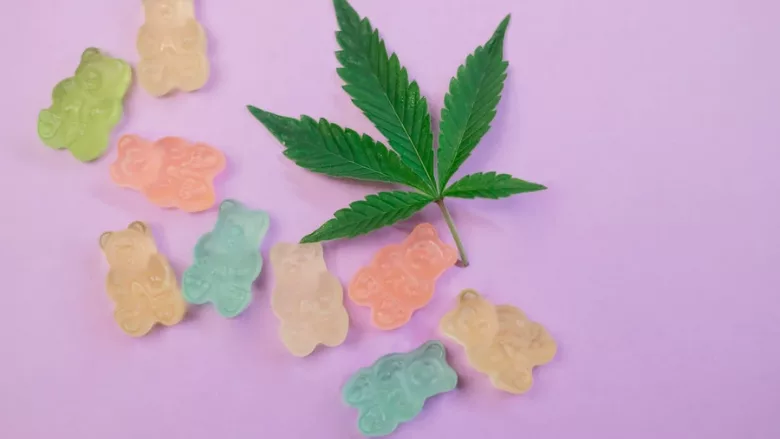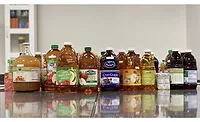Issues With CBD Edibles: Heavy Metals Contamination, False Label Claims

Credit: Kindel Media (kindelmedia) via Pexels
The use of cannabidiol (CBD) in food and beverage products or as an edible supplement has grown in recent years. However, the cannabis plant, from which CBD is derived, is known to absorb heavy metal contaminants from soil at high rates. In light of this, a recent study has measured the degree of toxic elements found in CBD products, as well as evaluated CBD product label accuracy.
In the study, researchers quantified the levels of lead, cadmium, arsenic, mercury, four phthalates, and CBD in a selection of commercially available CBD products found in the U.S. Of the 121 edible CBD products that were tested, 42 percent contained detectible levels of lead, 8 percent contained cadmium, 28 percent contained arsenic, and 37 percent contained mercury. Additionally, four of the tested edible CBD products exceeded 0.5 micrograms per two servings, which is the California Proposition 65 threshold for daily lead consumption.
Regarding phthalates, a type of “forever chemical” that has come under scrutiny for their negative impacts on human health, the percentage of edible CBD products with detectable levels ranged from 13 percent–80 percent, with Di(2-ethylhexyl)phthalate (DEHP) being the most prevalent class.
Finally, among all products tested for CBD labeling accuracy (which included topical products as well as edibles), 40 percent of products contained less than 90 percent of the CBD indicated on the product label; 18 percent contained over 110 percent of indicated CBD; and only 42 percent of products fell within 10 percent, more or less, of the CBD claimed on the manufacturer label. The study’s researchers call for tighter regulations on CBD product labeling due to the substantial inaccuracies of product label claims for CBD potency.
Looking for quick answers on food safety topics?
Try Ask FSM, our new smart AI search tool.
Ask FSM →








